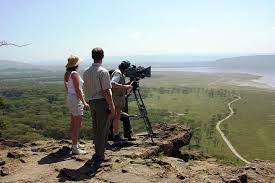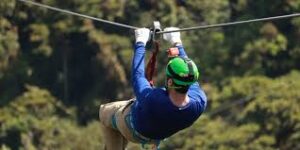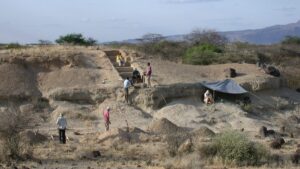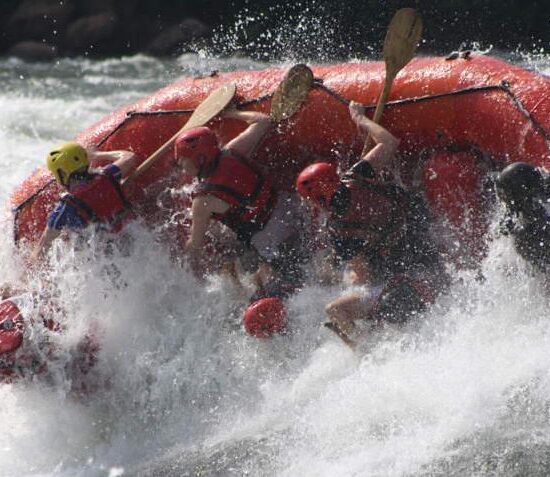
Filming in Kenya with Inclusive Holidays Africa
Kenya: Hollywood’s African Muse
For decades, Kenya has captured the imagination of filmmakers and audiences alike. Since the 1930s, Hollywood has maintained a love affair with this breathtaking country, drawn by its dramatic landscapes, rich culture, and untamed wilderness.
Classic adventure films like The Snows of Kilimanjaro starring Gregory Peck, King Solomon’s Mines with Stewart Granger, and Mogambo featuring Clark Gable and Ava Gardner were all brought to life against Kenya’s iconic backdrop. The beloved film Born Free, based on Joy Adamson’s bestselling book, was shot entirely in Kenya—its legacy living on through the Born Free Foundation, established by the film’s stars Virginia McKenna and Bill Travers, to support conservation efforts across the country.
Kenya’s most iconic cinematic tribute came with the sweeping 1985 epic Out of Africa. Based on Karen Blixen’s memoir, the film starred Meryl Streep and Robert Redford and brought the romance and grandeur of colonial Kenya to global audiences. With breathtaking cinematography and an unforgettable score by John Barry, it clinched the Academy Award for Best Picture and placed Kenya firmly on the international film map.

In 1989, Mountains of the Moon spotlighted Kenya once again, dramatizing the thrilling quest to discover the Nile’s source. Filmed across diverse locations including Lamu, Hell’s Gate, and Lake Turkana, it showcased Kenya’s incredible geographical variety.
Over the years, Kenya has continued to attract international filmmakers. From the Tomb Raider sequel to the German masterpiece Nowhere in Africa—filmed in Baringo, Bogoria, and Mt. Kenya—which won the 2003 Academy Award for Best Foreign Language Film, the country remains a versatile and visually stunning filming destination.
Fernando Meirelles’ The Constant Gardener (2005), set amidst the stark beauty of Loiyangalani on the shores of Lake Turkana, added another jewel to Kenya’s cinematic crown. Kenya’s wildlife and natural grandeur have also made it a favorite for television documentaries. Prestigious broadcasters such as BBC Natural History, Discovery, and Survival have captured unforgettable footage in locations like the Maasai Mara, home of the long-running Big Cat Diary series.
The Maasai Mara was even named one of the New Seven Wonders of the World in a poll by ABC’s Good Morning America, which broadcast live from the reserve, bringing Kenya’s majestic beauty into millions of American homes.
In the world of reality TV, Kenya proved its star power when Survivor Africa chose the Shaba Reserve as its backdrop for season three. The show’s success highlighted Kenya’s unique blend of adventure, wildlife, and cinematic magic.
From golden-age Hollywood classics to award-winning international hits, Kenya continues to offer filmmakers an unrivaled canvas of natural splendor, cultural depth, and storytelling potential.
 FREQUENTLY ASKED QUESTIONS (FAQs)
FREQUENTLY ASKED QUESTIONS (FAQs)
- What makes Kenya’s film industry unique? Kenya offers an extraordinary range of filming locations thanks to its diverse altitudes and landscapes. From untouched tropical coastlines and glacial mountain peaks to lush forests, arid deserts, expansive savannas, vast lakes, and the awe-inspiring Great Rift Valley—Kenya is a filmmaker’s dream. Large wilderness areas remain unchanged by time, providing authentic settings that truly capture the essence of Africa at its most magnificent.When is the best time to film in Kenya?
Kenya experiences two rainy seasons: April to mid-May, and mid-October to November. However, even during these periods, sunny days are frequent. Located on the equator, Kenya enjoys consistent daylight hours—typically from 6:30 AM to 6:30 PM year-round. The ideal filming seasons are from January to March and mid-May to September, but filming is possible throughout the year due to the country’s mild climate and lack of extreme seasonal changes.Do I need a special permit to film in Kenya?
Yes, a film license is required, but the application process is straightforward, affordable, and efficient. Permits should be applied for through a registered local agent—Inclusive Holidays Africa is happy to assist with the process. To apply, you’ll need to submit a completed application form, a script, and a synopsis to the Film Licensing Officer. Licenses for documentaries and commercials are typically issued within minutes, while applications for dramas and feature films are processed within 48 hours.Are there restrictions on filming equipment or crew?
A nominal, non-refundable import fee is charged on the total value of equipment per consignment. There are no restrictions on the number of foreign crew or cast members entering Kenya on a visitor’s pass while the film permit is being processed, making it easy to assemble and mobilize your production team.


